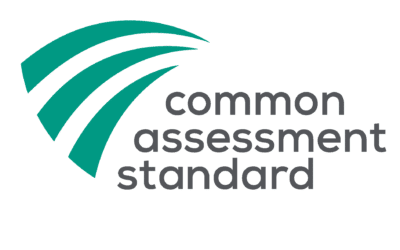From 1 August 2022, the 20% off-the-job requirement for all apprenticeships will no longer apply. It will be replaced by a baseline of six hours per week, irrespective of hours worked by the apprentice. It means apprentices who work more than 30 hours per week can now spend less than 20% of their time doing off-the-job training. The Education and Skills Funding Agency (ESFA) has stated that this move, part of a package of changes to apprenticeships, ‘must not dilute the existing requirement, but provide the right level of training to every apprentice’. This shouldn’t be a problem for the training providers and employers. Employers have control over the training provided in the workplace.
It is an eminently sensible rule change and it should lead to a rise in apprenticeship numbers for these three reasons:
- Apprentices will be able to contribute more at a time when many businesses are still struggling to recover from the impact of the pandemic.
- It levels the playing field, meaning all apprentices will be required to engage in the same number of off the job hours, and are not penalised whether they work 30 hours a week, or 48 hours a week.
- It will be much more easily administered without the need for complex and varied calculations which have been an administrative burden for Training Providers
This now aligns to an academic training day of six hours rather than the working day of 7.5 hours, allowing Training Providers to standardise and create learning programmes for cohorts rather than individuals. It is advisable to create a working relationship with your Training Provider to ensure you know what subjects the apprentices will be covering when they are with the them. This does not remove the employers responsibility for training apprentices in the workplace and giving them time to practice the skills they learn in training in the workplace. If you need more information contact George on 07553 874838 or email georgeswann@thefis.org
Need help with apprenticeships?
More information is available in our Skills Hub
See more news likes this
CPA Economic and Construction Update
The CPA's Economic and Construction Update provides an insightful summary of the latest economic and construction trends in the UK. The update covers key indicators such as the CPI inflation and core CPI inflation, UK construction average weekly earnings, UK...
FIS launches new e-learning course to help members get to grips with new regulatory regime
The Building Safety Act (BSA) is the most significant piece of new legislation for construction in a generation. It will fundamentally change the way in which buildings are designed, constructed and maintained. It heralds a new regulator, regulates for competence,...
Common Assessment Standard to be used across the public sector
The Cabinet Office has published Procurement Policy Note 03/24 which removes reference to PAS 91 meaning the Common Assessment Standard should now be used across the public sector. Following the withdrawal of PAS 91 by BSI last year, central Government departments and...




